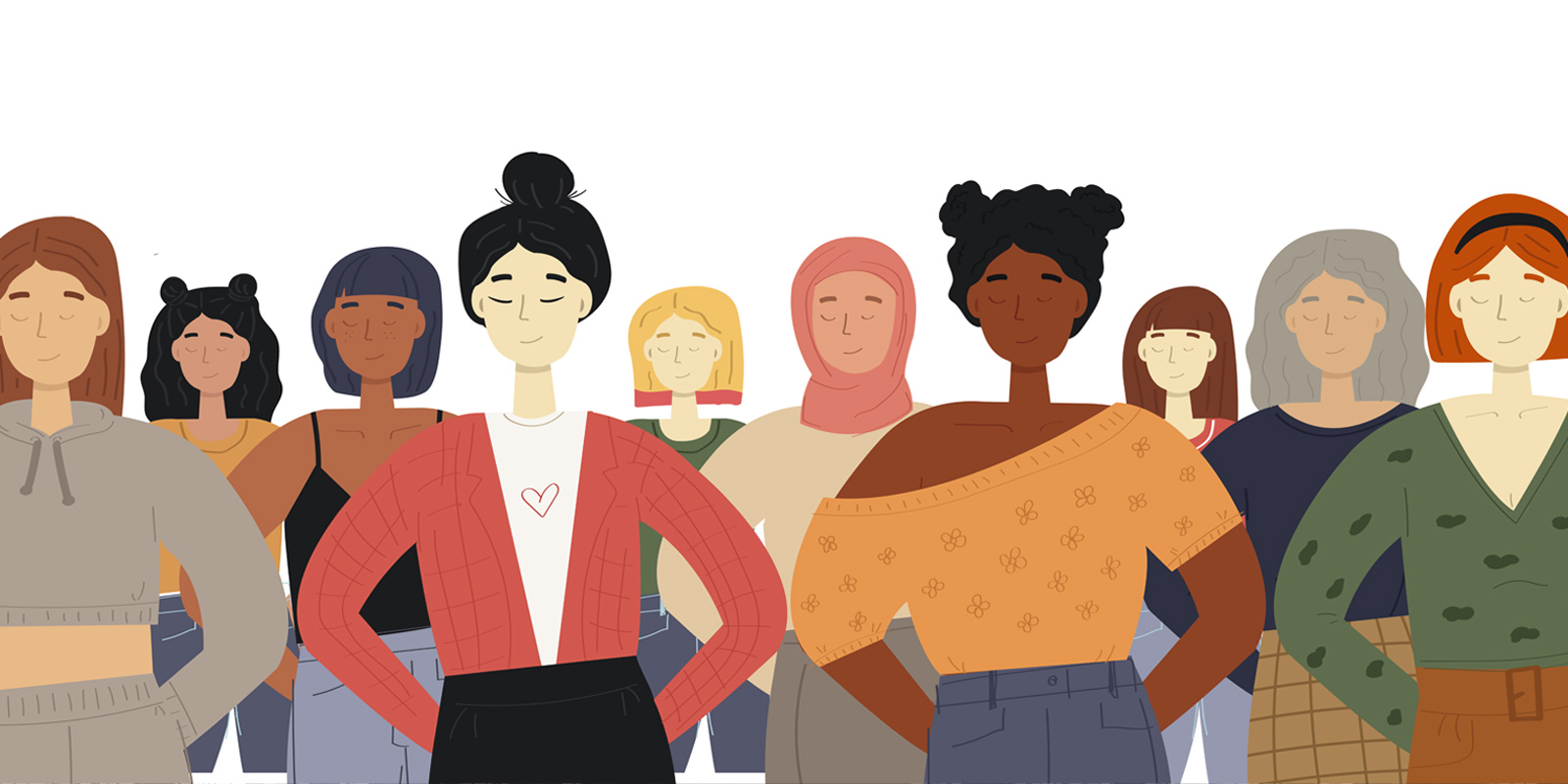Women’s history month is the perfect opportunity to reflect on the important female figures who have shaped our paths through life. These might be family members, friends, or mentors. Some might be individuals we see every day, while others influence us from our memories alone.
One influential woman in my life was my Grandma Lissy, who passed away last October. She led a remarkable life, by all accounts. At sixteen years old, she escaped from the Holocaust, fleeing south from the Netherlands through France. It was only through good fortune and the heroic actions of the Portuguese consulate Aristides de Sousa Mendes that she and her family were able to cross into Spain, Portugal, and, eventually, the United States.
Upon arriving in the U.S., Lissy Jarvik continued her studies and eventually attended what is now Case Western University School of Medicine. In her early thirties, she married and began a family, juggling a prolific career. She led incredible advancements in the field of psychology and specifically in her research on twins and Alzheimer’s disease. Eventually, she became a professor of psychiatry and biobehavioral sciences at UCLA, where she was a pioneer in the field of psychogeriatrics.
In her later life, my grandma thought a lot about how to document and share a life lived. She spent years working on an unfinished memoir and was passionately vocal about her escape from the Nazis thanks to de Sousa Mendes. Perhaps it was through her influence that I found myself pondering the same questions when she passed away in October of 2021. How do you honor such a life as it ends? How can you share and celebrate its memory?
This is a question many great thinkers have pondered over time. Several William Shakespeare’s sonnets, for instance, are dedicated to the notion, often concluding that children are the purest form of legacy. “Die single, and thine image dies with thee,” reads the last line in Sonnet 3, as it urges a youth gazing in a mirror to have children or be forgotten to the mists of time. Other individuals focus on the work we do in our lives. “Either write something worth reading or do something worth writing [about],” advised Benjamin Franklin in the 1738 edition of “Poor Richard’s Almanac.”
These ideas echoed in my head as I helped clean out Grandma’s apartment last October. As we emptied the bookshelves, it occurred to me that the collection reflected her life. They held her interests and passions, friends and colleagues, and history. Her escape. Her career. Her family. Her joys. I felt her there. That is when it occurred to me—what better way to honor my grandma, who loved to give gifts, than to re-gift each book in her collection?
Thus began the “Lissy’s Library” project. I packed up all 375 unclaimed books from my grandma’s collection and brought them back to my apartment. I organized them, created an online survey, and invited everyone and anyone who might be interested in signing up for a book. So far, around 200 books have been claimed, and 100 have been mailed out to 27 US states and nine countries, spanning North America, Europe, and Asia. (And the project is still ongoing! If you’d like to receive a book, you can still sign up here.)
One of my favorite things about the project has been learning a little bit about each book recipient. Some people leave comments about their lives, making me feel the beauty of this impermanent community I am creating. One woman sent me a message that she had read about my grandma’s life and was inspired to share the story with her children. Other recipients commented on how the project helped them reflect on themselves or reminded them of their loved ones. That is a legacy for which I know my grandma would be proud.
So, this women’s month, I hope you, too, will take the opportunity to reflect on the people that have shaped you, the journeys they have taken, and the ways you can honor them.
By Leah Jarvik, guest contributor

